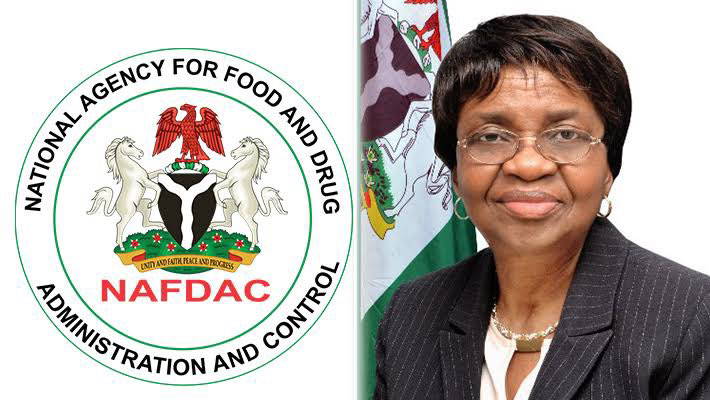Minister of State for Petroleum Resources (Oil), Senator Heineken Lokpobiri, has appealed to the people of the Niger Delta to sustain their support for President Bola Ahmed Tinubu’s administration, emphasizing that the government is committed to delivering tangible development in the region.
Lokpobiri made the call in Yenagoa during the 60th birthday celebration and book launch of His Royal Majesty, King Bubaraye Dakolo, Agada IV, the Ibenanaowei of Ekpetiama Kingdom and Chairman of the Bayelsa State Traditional Rulers Council. Serving as chairman of the occasion, the minister said Tinubu’s leadership has already translated into real progress under the Renewed Hope Agenda.
He highlighted the full operationalisation of the Petroleum Industry Act (PIA) as one of the key measures demonstrating Tinubu’s commitment. Under the Act, oil-producing host communities are entitled to three percent of oil companies’ operational expenses through the Host Community Development Trust Fund. Lokpobiri described this as a groundbreaking reform that gives communities a direct stake in the management of oil resources.
“This administration is not just making promises, it is delivering,” Lokpobiri said. “The Host Community Trust Fund is a clear demonstration that President Tinubu is deeply committed to the development of the Niger Delta. Our people must not take this opportunity for granted.”
He urged residents of oil-producing areas to protect oil installations and refrain from actions that could undermine the progress being made. According to him, acts of sabotage such as pipeline vandalism or disputes over fund management ultimately harm the same communities they are meant to benefit.
“When you blow up pipelines, you are not only sabotaging the Federal Government; you are also blowing up your own three percent share of revenue and destroying your environment,” Lokpobiri warned. “That is not activism, it is economic suicide.”
The minister also cited other initiatives being pursued by the administration to advance the development of the Niger Delta. These include the establishment of the Federal University of Environmental Science and the accelerated implementation of long-abandoned projects across the region. He said the initiatives reflect a clear vision by Tinubu to integrate the region fully into Nigeria’s broader national development plan.
The event brought together prominent traditional rulers, policymakers, and community leaders, providing a platform for reinforcing the need for unity and shared responsibility. Lokpobiri called on participants to carry the message back to their grassroots communities, stressing the importance of protecting national assets, safeguarding the environment, and supporting the government’s developmental vision.
Bayelsa State Governor Douye Diri, who was present at the ceremony, praised President Tinubu’s ongoing efforts in addressing the needs of the Niger Delta. He also commended Lokpobiri for ensuring that federal initiatives reach the people of the state.
“I thank President Tinubu for his support to us and I commend our brother, Sen. Lokpobiri, for ensuring that the President’s developmental drives get to us,” Diri said. The governor, however, urged that future amendments to the PIA should include state governments in the management of the three percent Host Community Fund, arguing that they are needed to help oversee its effective use.
Lokpobiri concluded his remarks by emphasizing that peace, security, and accountability are essential for sustaining growth, not only in the Niger Delta but also across Nigeria. He also commended members of the Nigerian Defence Academy Course 38, who joined in celebrating King Dakolo, describing their presence as a testament to national unity and solidarity.
The minister’s call reflects the administration’s broader push to consolidate stability in oil-producing regions while ensuring that communities directly benefit from the resources around them. As the Niger Delta continues to grapple with environmental and economic challenges, the message of cooperation and accountability is expected to remain central to government engagement with the region.





